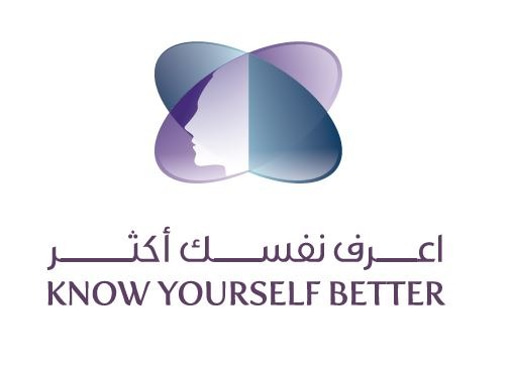اعرف نفسك أكثر


الرؤية
تصميم حياتك بشكل يتوافق مع مهاراتك وقدراتك، حيث أن نقطة البداية هي أن تبدأ بدائرتك الأولى نفسك لتكتشف من خلالها كل الدوائر وتدخل بثقة إلى حياتك العملية، الاجتماعية، الدراسية، العاطفية.
الرسالة
رسالتي تكمن في مساعدة الآخرين لإيجاد أفضل نسخة من النجاح، الحياة، المستقبل من خلال قدراتهم الكامنة.
القيم
المصداقية، التعاون، التوازن، المعرفة، التطوير، الالتزام.


عن أحمد الجعيدان:
مؤمن بإن بناء الأساس في حياة الفرد، المجتمع، المنظمات والعلاقات ينطلق من عمق معرفتك بنفسك. لذلك عملت على تطوير تجربتي الشخصية أولا عبر برامج عالمية للوصول إلى عمق واتساع معرفي يُمكنني من مساعدة الآخر. حصلت على العديد من الشهادات العالمية المعتمدة في القيادة، والتطوير. أسعى لتحقيق نقطة تحول في حياة كل شخص أقابله. يسعدني رؤية النجاح والناجحين!
من منا لا يحب النجاح؟ ولكن من يعرف كيف يصنع طريقه إلى النجاح. أؤمن أن لكل فرد قصة خاصة، خلفية فريدة، وتفاصيل وملامح خاصة يصنع منها مستقبله.







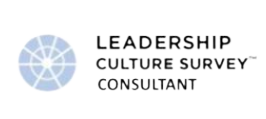


جهات تشرفت بالعمل معها
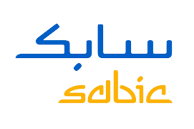



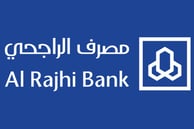







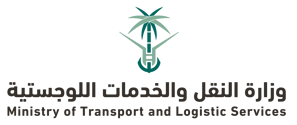



الخدمات
اكتشف نقاط قوتك
هل تعرف السر الكامن وراء تميز وتفرد أحد الموظفين أو المدراء أو القادة أكثر من غيرهم … أو لماذا يتفوق البعض على أقرانهم؟
لقد أفضت أبحاث (قالوب) إلى الكشف عن أن الأشخاص المتميزين يفهمون نقاط قوتهم ويستثمرونها.. فهؤلاء الناجحون والبارزون يستثمرون وقتهم في التركيز على نقاط قوتهم بدلاً من معالجة نقاط ضعفهم.
الكوتشنج
هو حوار تفاعلي .. تعاوني .. تحريري بين شخصين ( الكوتش والمستفيد ) بهدف تحرير طاقات الفرد الكامنة من أجل أداء وجودة حياتية أعلى، تمكن المستفيد وتساعده لإحداث التغير المطلوب من خلال تيسير عملية التعلم الذاتي والمسؤولية الحياتية في الكوتشنج يلعب الكوتش دور الميسر لعملية التغيير وذلك من خلال مصاحبة المستفيد بالمحادثة التفاعل مع المواقف تشجيع واستنارة أفكاره ومشاعره وسلوكه
للوصول إلى النتائج المرجوة باستخدام مهارات الاستماع الفعّال، ومهارات طرح الأسئلة المثيرة والموضحة، ومهارات التغذية الراجعة، والعديد من المهارات والأدوات والنماذج المتنوعة لإدارة الجلسات
اختيار التخصص المناسب
يقال أن (تخطيط أفضل يساوي نتائج أفضل) لذلك تبدأ مرحلة التخطيط للمستقبل من المرحلة الجامعية، التي قد تكون مقلقة للشخص وللعائلة حيث أنها ستكون البذرة الأولى في التحرر من المسار المخطط في أيام مقاعد الدراسة الثانوية لمرحلة الاختيار. يتكون الشغف للبدايات، لتحقيق التوقعات وتكونين أول بصمة في عالم الكبار.
لتصبح الطرق أقصر إلى اكتشاف شغفك، ميولك الدراسي الذي عملت على تنميته خلال مقاعدك الدراسية الأولى.
يٌسهل اختبار بيركمان * وصولك إلى دليلك الشخصي لمعرفة ميولك واهتماماتك لتنطلق باختيارك للتخصص المناسب من معرفة ذاتية.
تغيير مسارك المهني
يلجأ الكثيرون إلى إجراء تغييرات في مساراتهم المهنية أكثر من مرة بحثاً عن المهنة الأنسب لهم ولطموحاتهم وتوجد علامات تشير الى حاجتك لتغيير مسارك الوظيفي ومنها:
· بيئة العمل السلبية
· الاجهاد المستمر
· المخاوف المالية
· فقدان الحماس
· غياب التوازن بين العمل والحياة
· قلة فرص التقدم
· قلة التقدير
بيركمان
لن يتغير السلوك إلا بتغيير الأفكار والأفكار لن تتيقظ إلا إذا قمنا بتسليط الضوء على الصور الذهنية التي نحتفظ بها ونتحرك على أساسها
.. صورتنا عن أنفسنا
.. صورتنا عن الآخرين
.. صورتنا عن العالم بأسره
.. في الحقيقة العقل يحتفظ بالأفكار على هيئة صور ونماذج وقوالب
. وأول خطوة للتغيير تبدأ بكسر تلك الأصنام المتربعة في عقولنا
وهذا ما يفعله بيركمان
إنه يعرض بشكل بانورامي لقطات عميقة عن تضاريس شخصيتك
يريك الصورة الأقرب للحقيقة عن نَفْسَك
يسمح لك أن ترى ذاتك المجردة من دون رتوش فيصل معك إلى تلك الاصنام المتربعة في عقلك وقناعاتك
